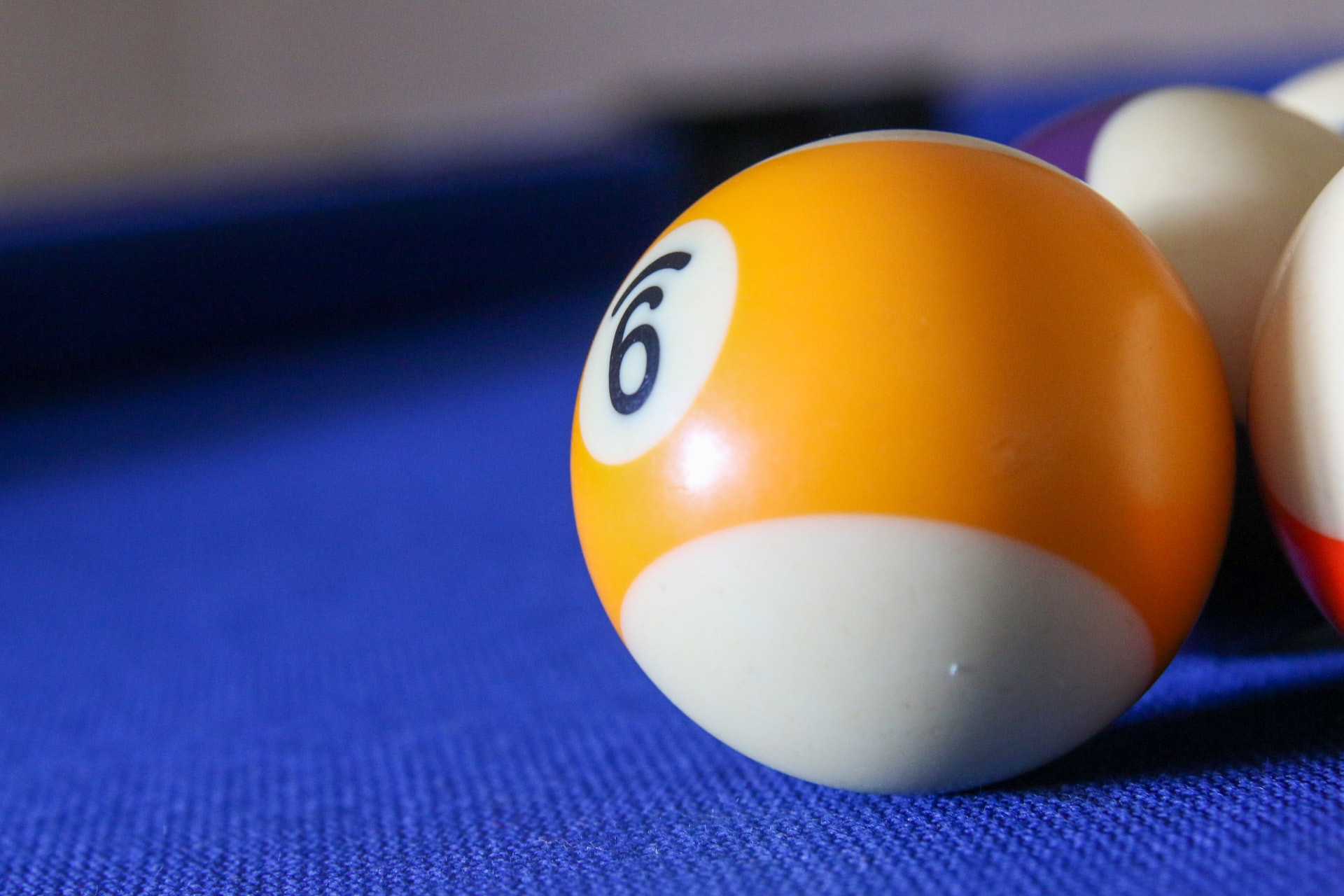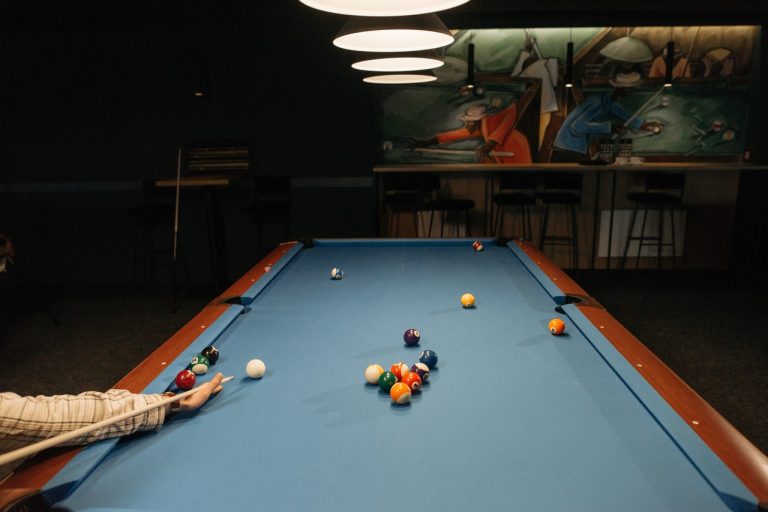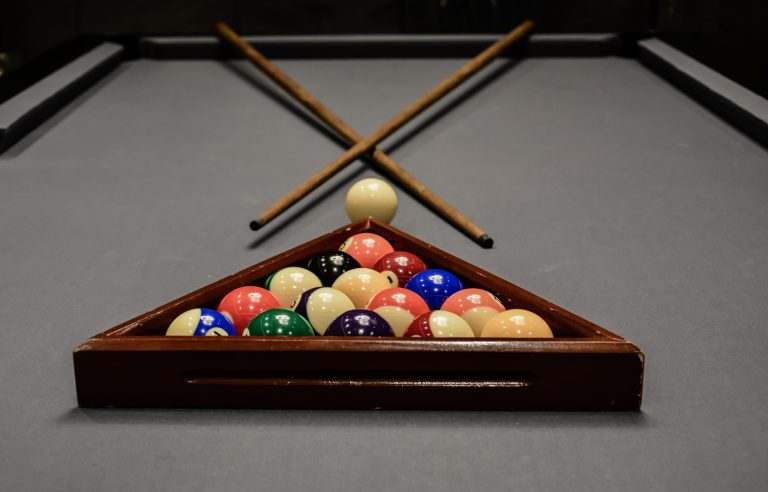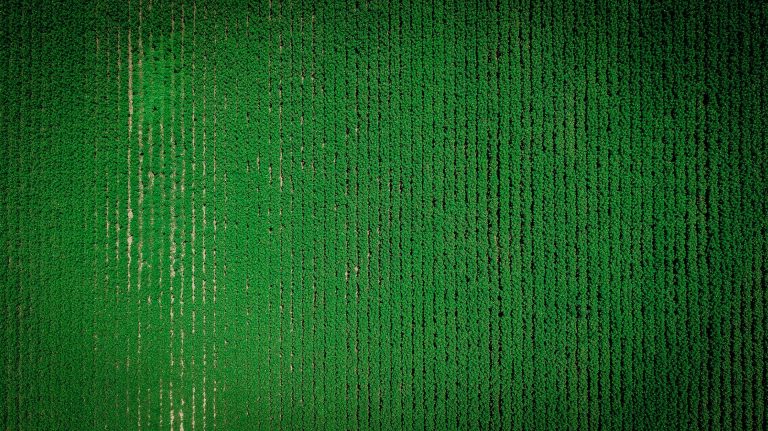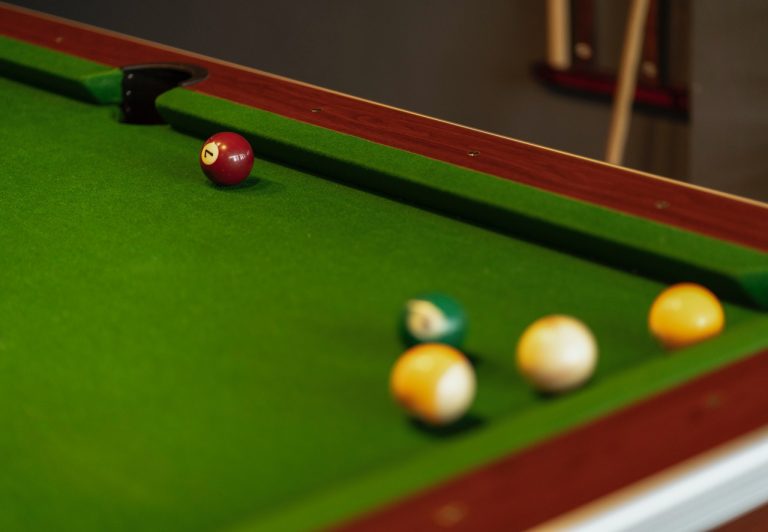What Is the Best Material for a Pool Table?
There are many factors to consider when choosing the best material for your pool table.
Slate, wood, and synthetic materials are all popular choices, but each has its own advantages and disadvantages.
In this blog post, we’ll take a closer look at each of these materials and help you decide which is the best option for you.
What Is the Fastest Pool Table Felt?
When you are looking to buy a pool table, there are several factors that will be important to consider.
While the most common choice is to go with standard green felt, some people prefer more colorful options.
When choosing which type of material you want for your pool table surface, it’s important to look at speed ratings and durability in order to find the best fit for your needs.
One of the fastest types of felt that you can get for your pool table is synthetic wool made from nylon or polyester fibers.
These materials tend to be very resistant against wear and tear and can handle high levels of play without becoming worn down or frayed quickly.
Synthetic wool also tends to have higher levels of friction than other types of felt, so it is ideal for players who want to make sure they are getting a lot of control over the table.
Another option to consider is synthetic felt made from kevlar fibers. This material tends to be very fast, but also fairly durable and resistant against wear and tear.
While it may not be quite as fast as other synthetics like nylon or polyester materials, it can still provide players with plenty of speed and control.
If you want an alternative to synthetic felt, you could also look into wool felts. These materials are generally higher in quality than other types of felt because they are carefully crafted using premium grade wool from New Zealand sheep.
What Pool Table Do Professionals Use?
The vast majority of professional pool tournaments are played on 7-foot tables.
Some 8- and 9-foot tables are used in certain events, but those are less common. Many pool halls have both 7- and 8-foot tables, so players can practice on both sizes.
There are a few different brands that make professional-grade pool tables, including Brunswick, Olhausen, and Diamond.
These brands all use high-quality materials and construction methods to ensure that their tables meet the standards required for professional play.
If you’re looking to buy a pool table for your home, you don’t need to get a professional-grade table.
However, it’s important to choose a table that is the right size for the room you plan to place it in.
In general, 7-foot tables are best for rooms with at least 17 feet of length, while 8-foot tables can fit comfortably into spaces that range from 20 to 25 feet in length.
So if you’re looking for a professional-grade pool table, the answer is that most professionals use 7-foot tables.
However, there are other factors to consider when choosing your own table, including size and brand. By doing your research and staying informed, you can find the perfect pool table for your needs!
| Don’t Miss This: Can you put a ping pong table top on a pool table? |
What Is the Best Material for a Pool Table?
There is no definitive answer to this question as it depends on personal preferences.
Some people prefer wood because it is a classic material, while others prefer slate because it provides a smooth surface. Ultimately, it is up to the individual to decide what material they prefer for their pool table.
What’s the Difference Between Slate and Non-slate Pool Table?
Slate pool tables are some of the most expensive and high-quality pool tables available.
Slate is a very dense, strong material that can withstand a great deal of impact without breaking or chipping.
Slate also offers a more consistent surface than other materials, which is important for competitive play.
Non slate pool tables are often made from cheaper materials like wood or plastic, which may not provide as stable of a playing surface.
Additionally, non slate pool tables can be prone to warping over time or due to poor storage conditions, whereas slate tables rarely go out of shape if they are properly cared for.
Both types of table have their pros and cons, but if you’re looking for the best quality and performance in your pool table experience then spending the extra money on a slate table is definitely worth it.
Conclusion
Slate pool tables are the most popular option for serious players, as they offer a more consistent and accurate playing surface. If you’re looking for a table that will last for years and can handle frequent use, then a slate table is your best bet.
However, if you’re on a budget or don’t plan to play often, then a non-slate table should still give you plenty of good gaming sessions. So what’s the fastest pool table felt? The answer may surprise you!
Which type of pool table do professionals use? What material is best for a pool table? Let us know in the comments below.

I’m Maverick and I love playing pool games with my friends. I found myself struggling for proper guidance playing this game and selecting good quality equipment for it. I, then, decided to create this blog to guide pool enthusiasts to get right information and start enjoying their game.

